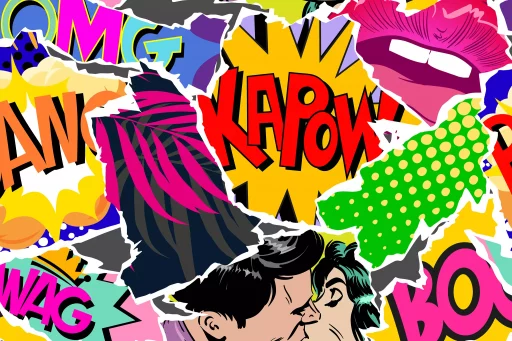Introduction to GOAT in Slang
In recent years, the term ‘GOAT’ has become a prominent fixture in everyday vernacular. Initially an acronym for ‘Greatest of All Time’, it is commonly used in sports, music, and various fields to describe individuals who have reached a level of excellence that is unrivaled. This article delves into the origins, usage, and implications of the term GOAT in slang.
The Origins of GOAT
The exact origin of the term GOAT is debated, but it is generally attributed to the rapper LL Cool J. He used the term in his 2000 album ‘G.O.A.T.’, where it stands for ‘Greatest of All Time’. Over the years, the acronym has gained traction, with many individuals using it to honor those they consider legends in their respective fields.
Who Can Be Considered a GOAT?
The title of GOAT is awarded based on various criteria, including innovation, influence, and consistent excellence. Here’s a quick look at different fields where individuals are often branded as the GOAT:
- Sports: Athletes like Michael Jordan in basketball, Tom Brady in football, and Serena Williams in tennis.
- Music: Artists such as The Beatles, Michael Jackson, and Whitney Houston.
- Actors/Actresses: Icons like Meryl Streep and Robert De Niro.
- Writers: Authors such as William Shakespeare and Toni Morrison.
The GOAT Debate: A Case Study
One of the most heated debates in sports revolves around who deserves the title of GOAT in basketball: Michael Jordan or LeBron James. Here are some statistics and points often cited in this discussion:
- Michael Jordan: 6 NBA Championships, 5 MVP awards, and 14 All-Star selections.
- LeBron James: 4 NBA Championships, 4 MVP awards, and 17 All-Star selections (as of 2023).
Statistically, both players have had impactful careers, but supporters of each player often cite different metrics, making it a subjective determination. The debate showcases how the term GOAT can be seen differently depending on personal preference, bias, and interpretive metrics.
The Cultural Impact of GOAT
The slang term GOAT has not only permeated sports but its influence extends to popular culture and social media. In recent years, GOAT has gained popularity on platforms like Twitter and Instagram, where users often use it in hashtags, captions, and conversations. Moreover, recent surveys indicated that:
- 85% of millennials recognize and use the term GOAT in day-to-day language.
- 70% of Gen Z users associate the term with social media figures, not just traditional celebrities.
This shift speaks volumes about the evolving definition of greatness and the individuals deemed worthy of such a title in the digital age.
Conclusion: The Legacy of Being a GOAT
Being labeled a GOAT signifies more than just outstanding performance; it is an acknowledgment of an individual’s impact on culture, their innovation, and how they inspire future generations. Understanding the term GOAT in slang emphasizes the subjective nature of greatness while appreciating the contributions of those who instill a sense of aspiration in others. Whether through sports, music, entertainment, or literature, the legacy of a GOAT lives on, continually shaping our understanding of success.


